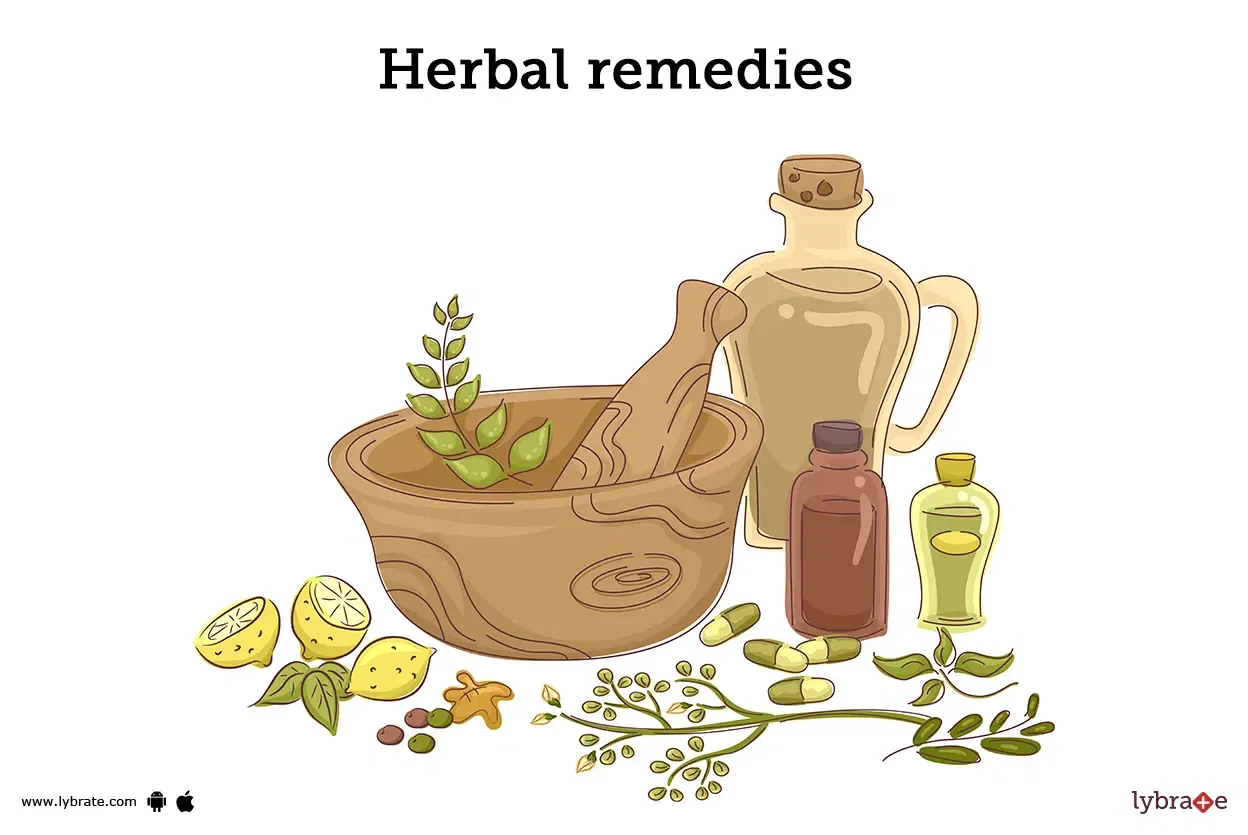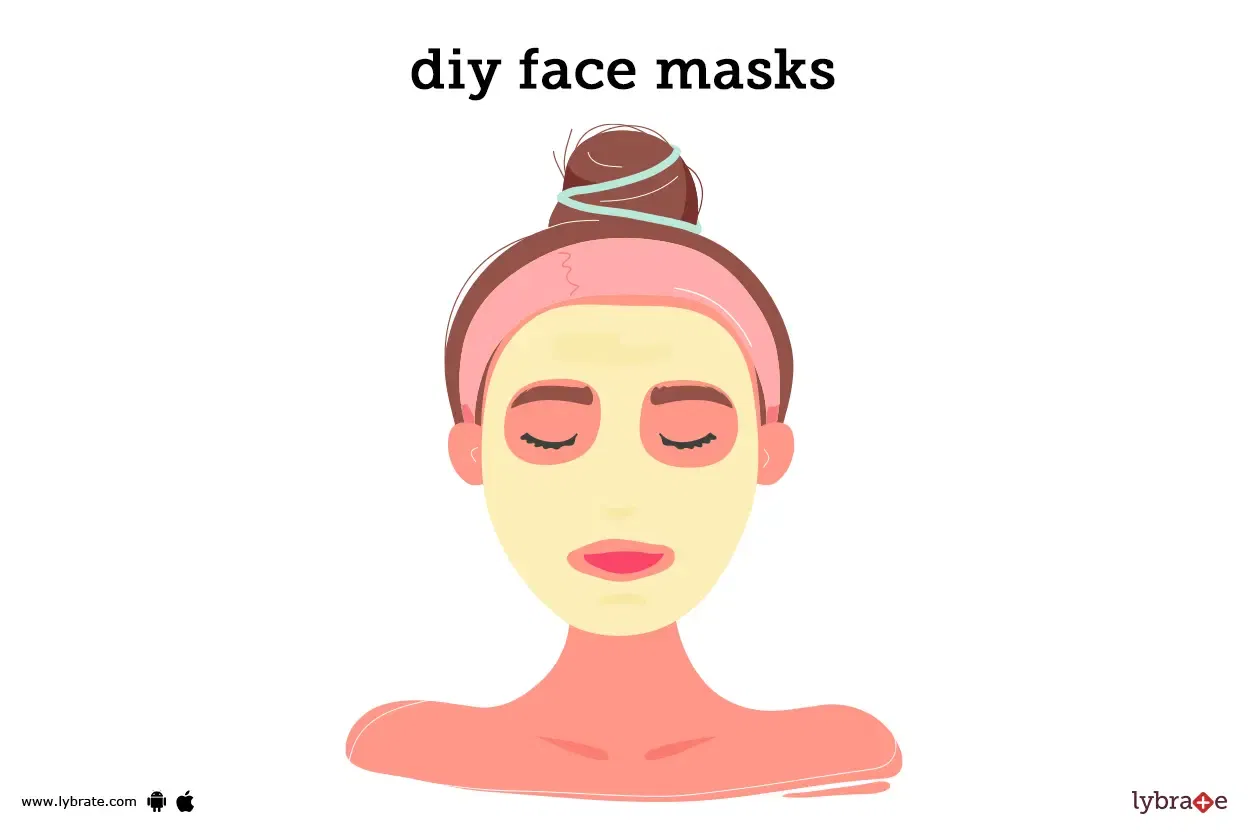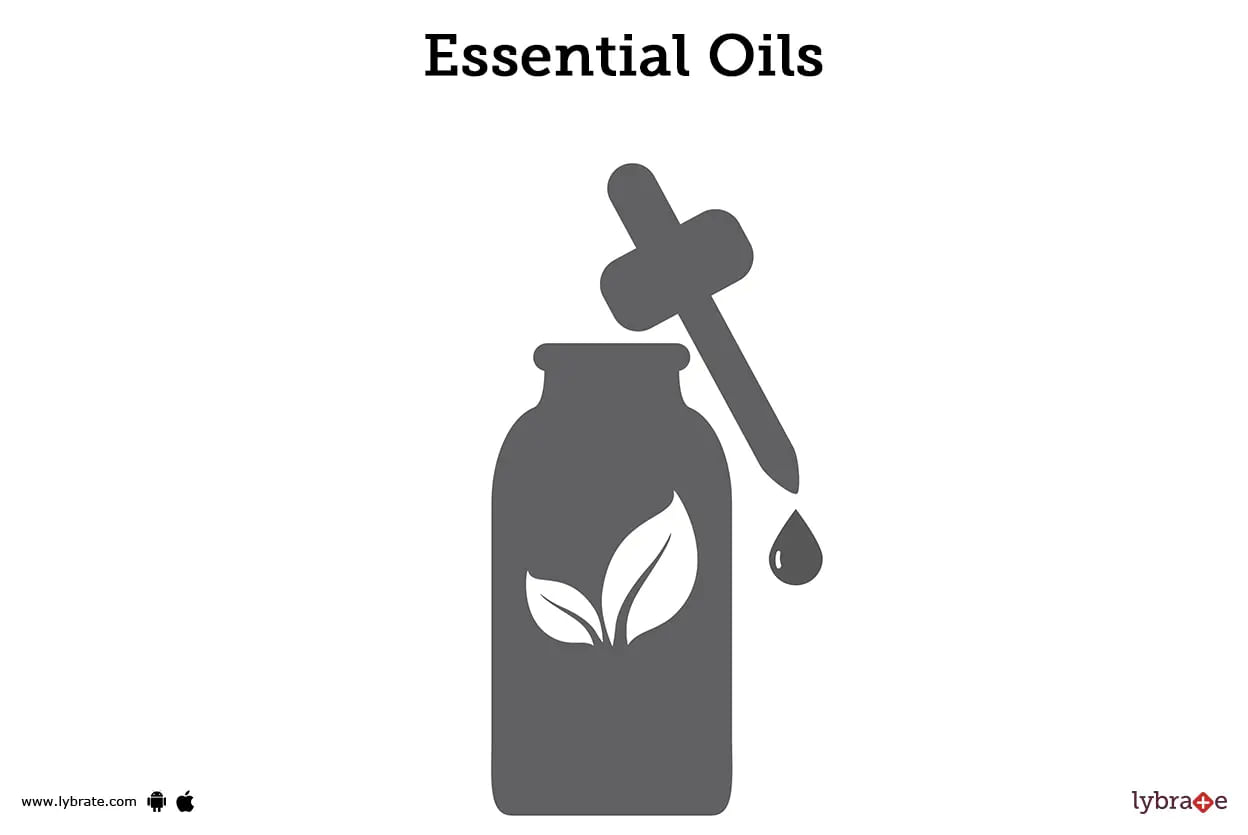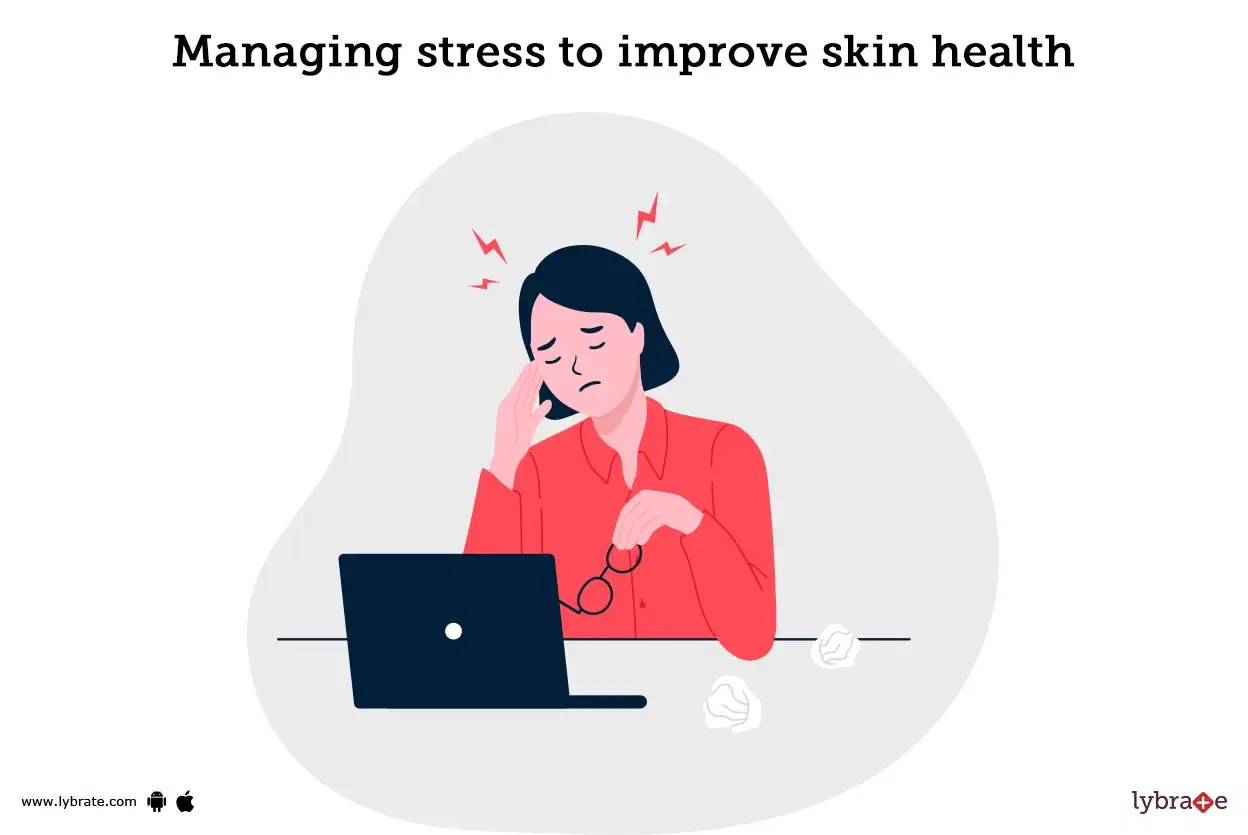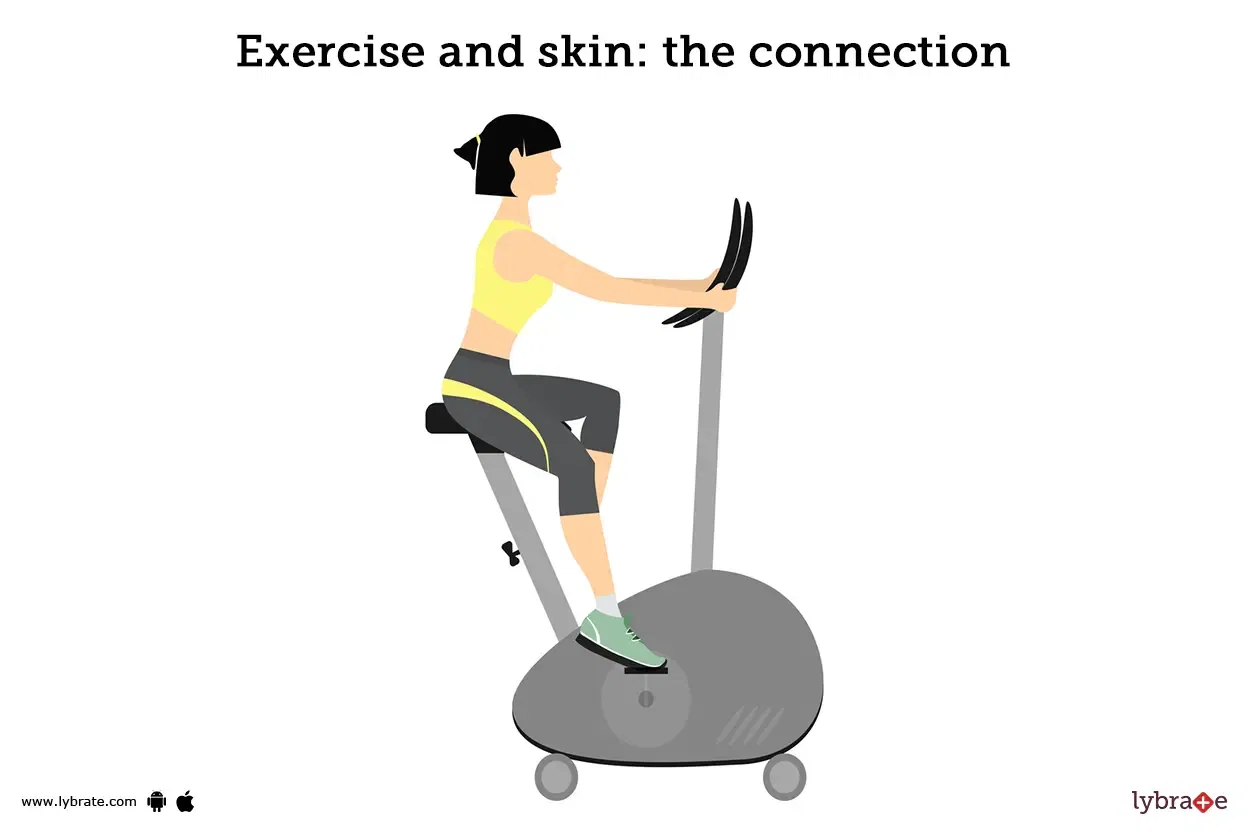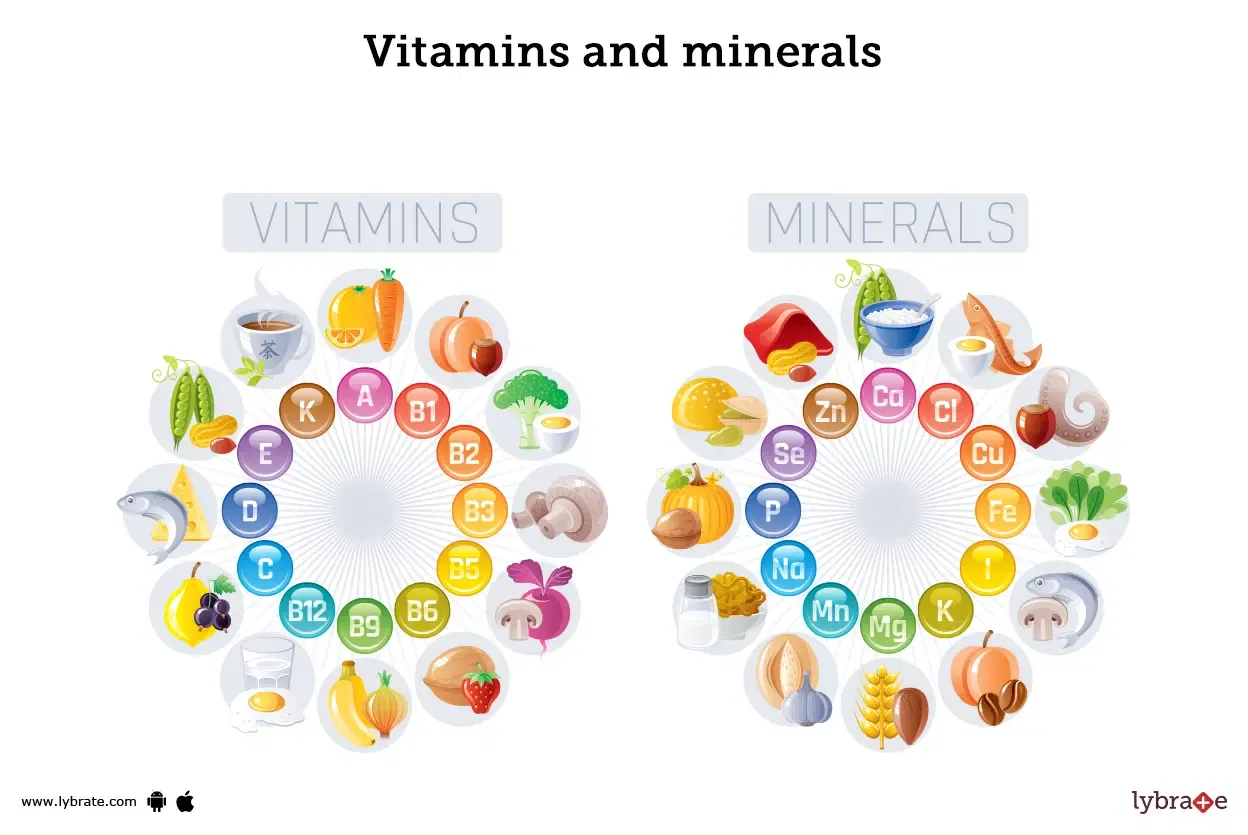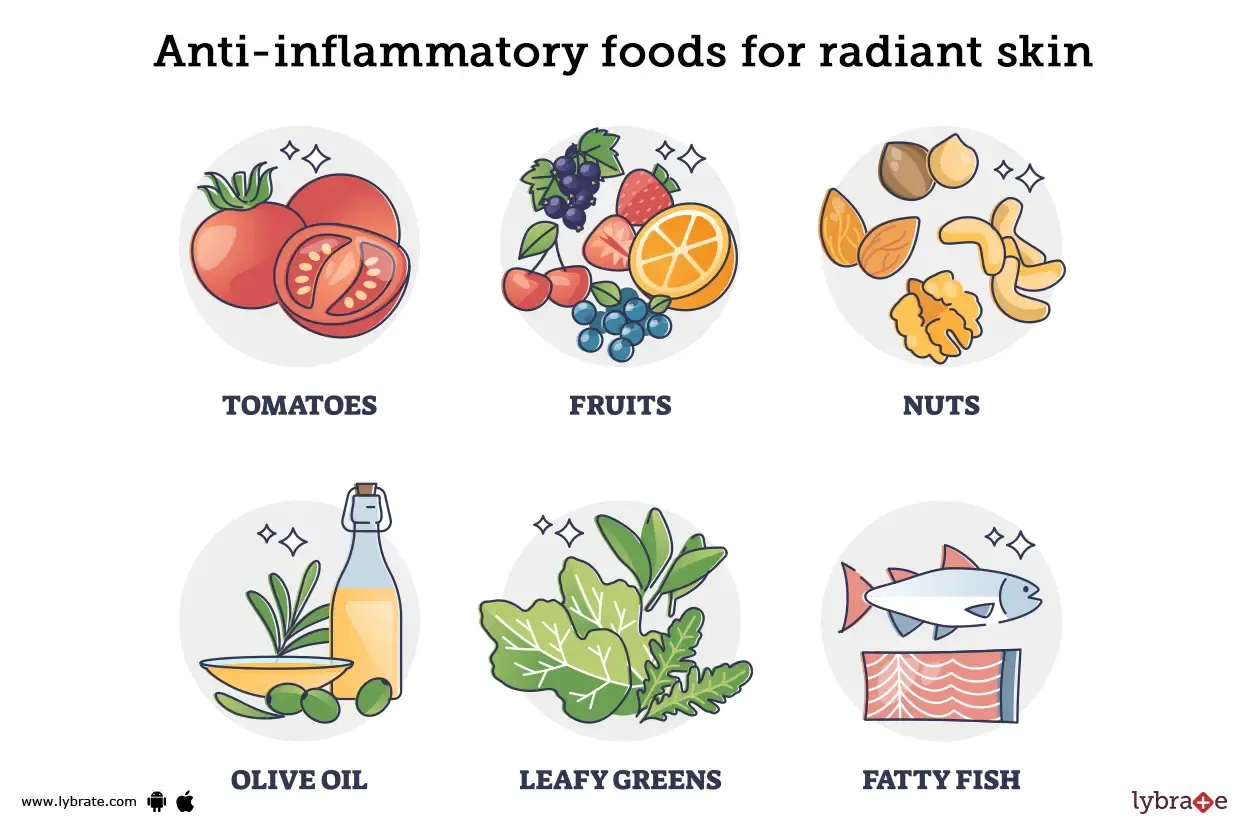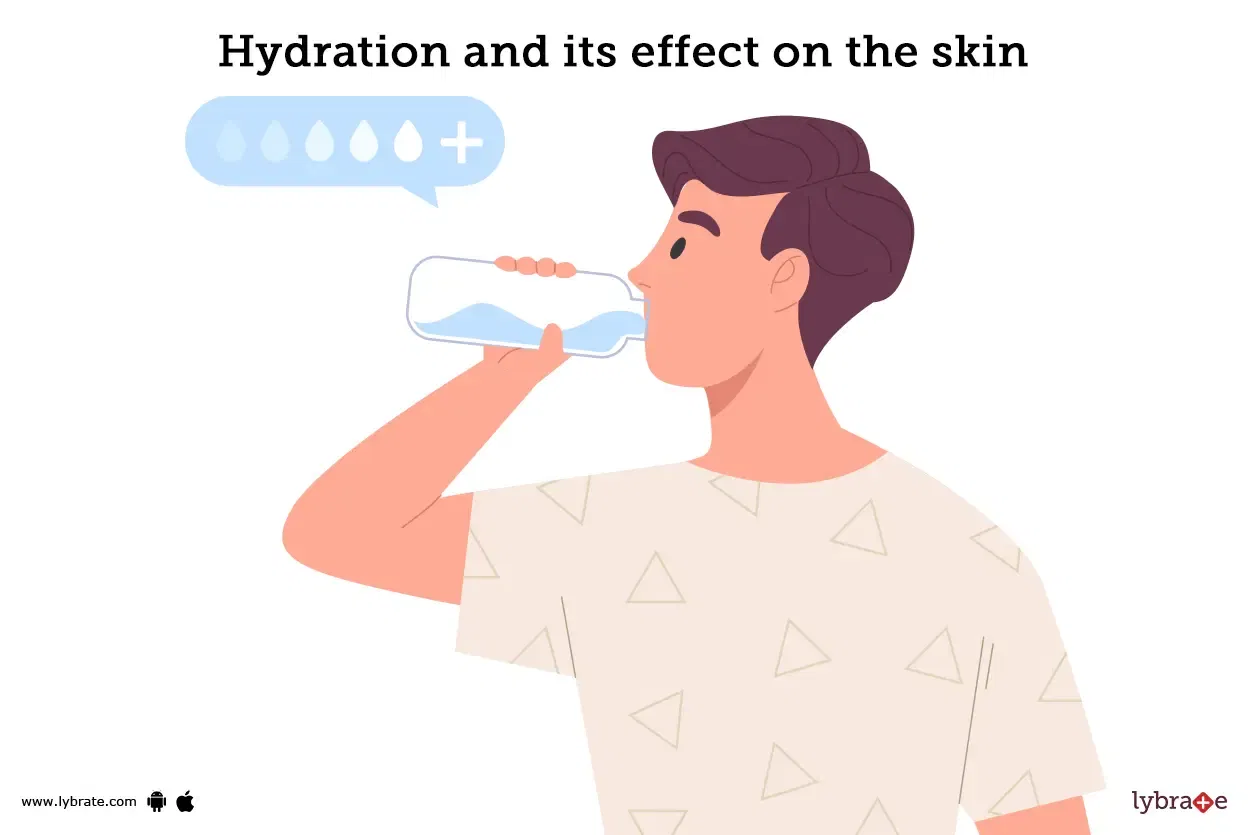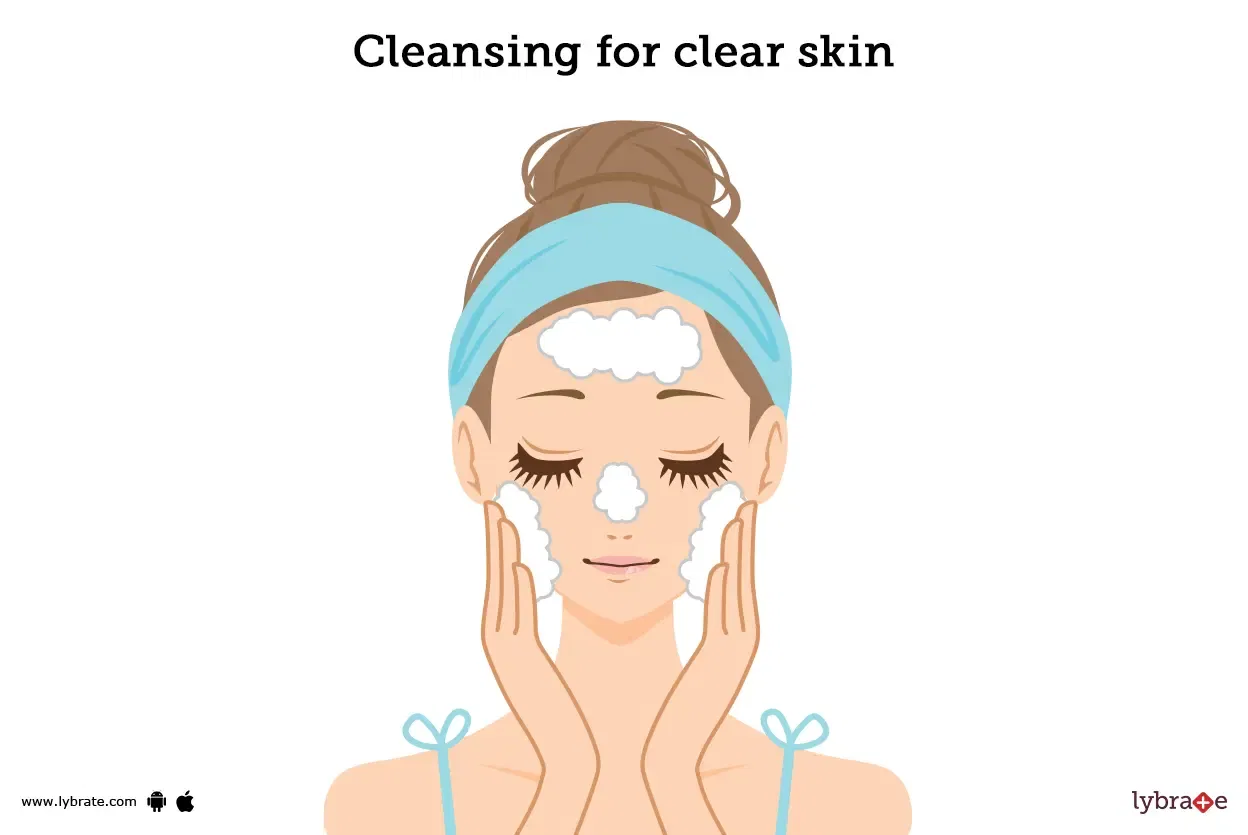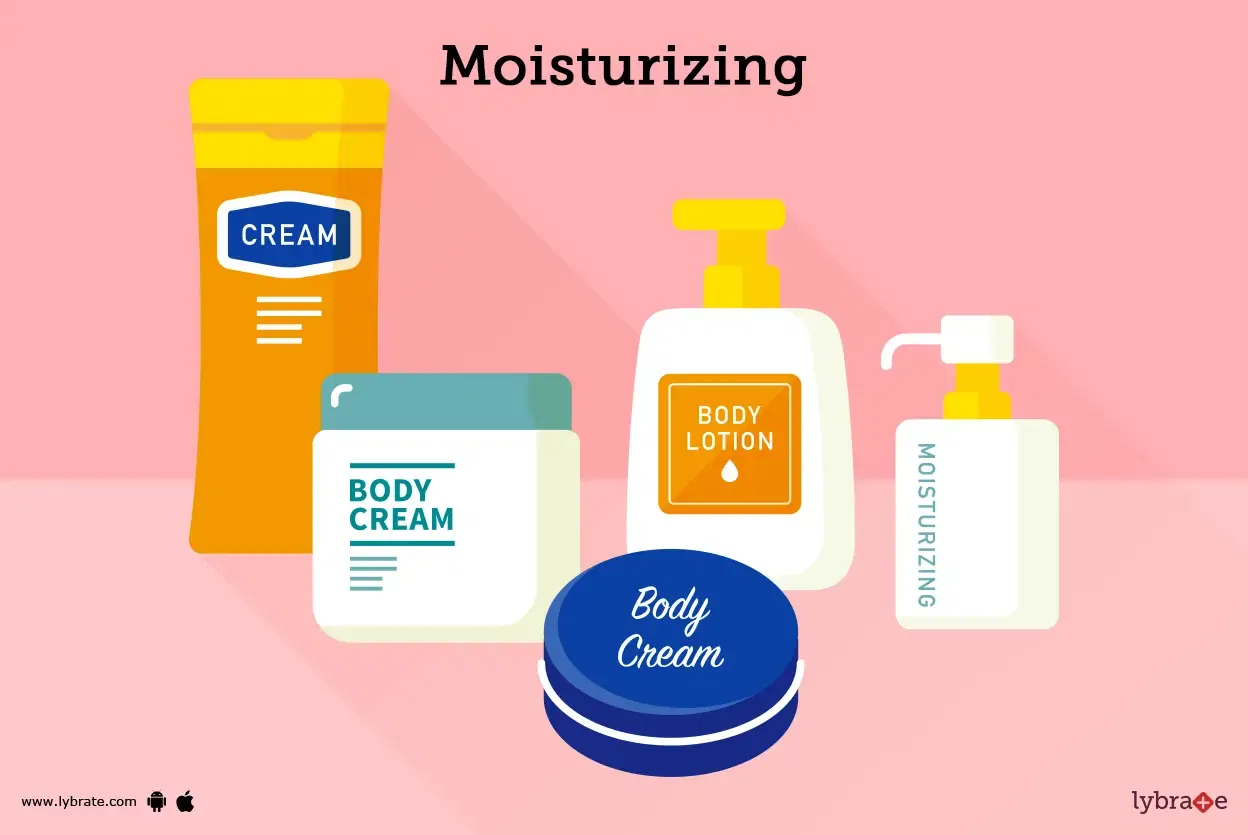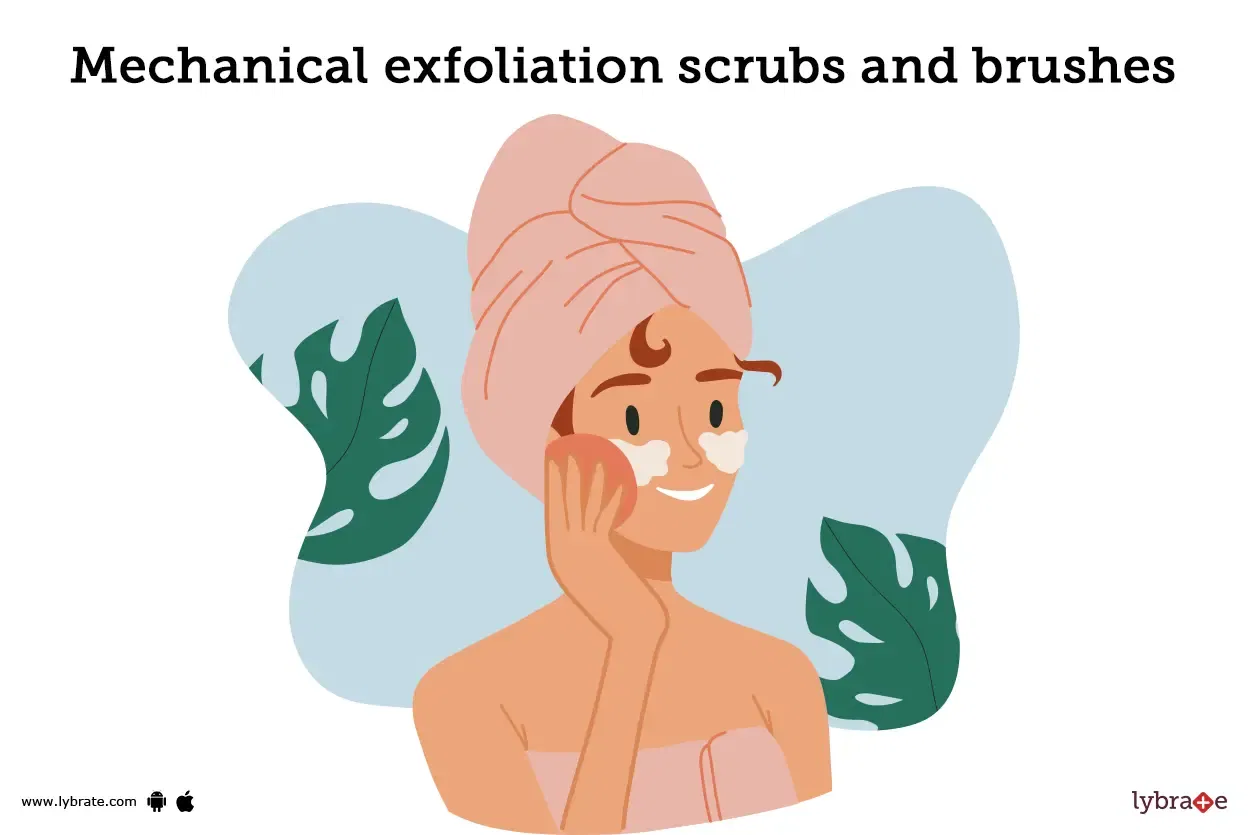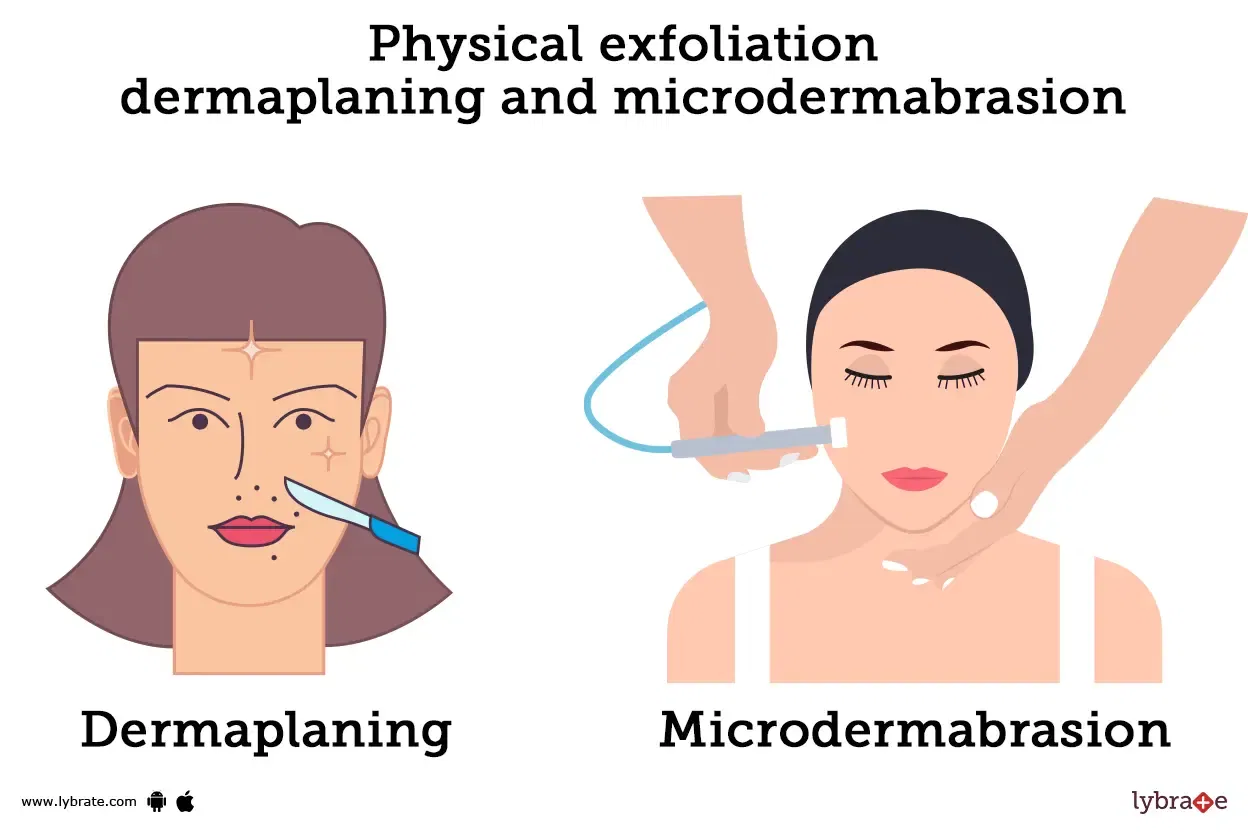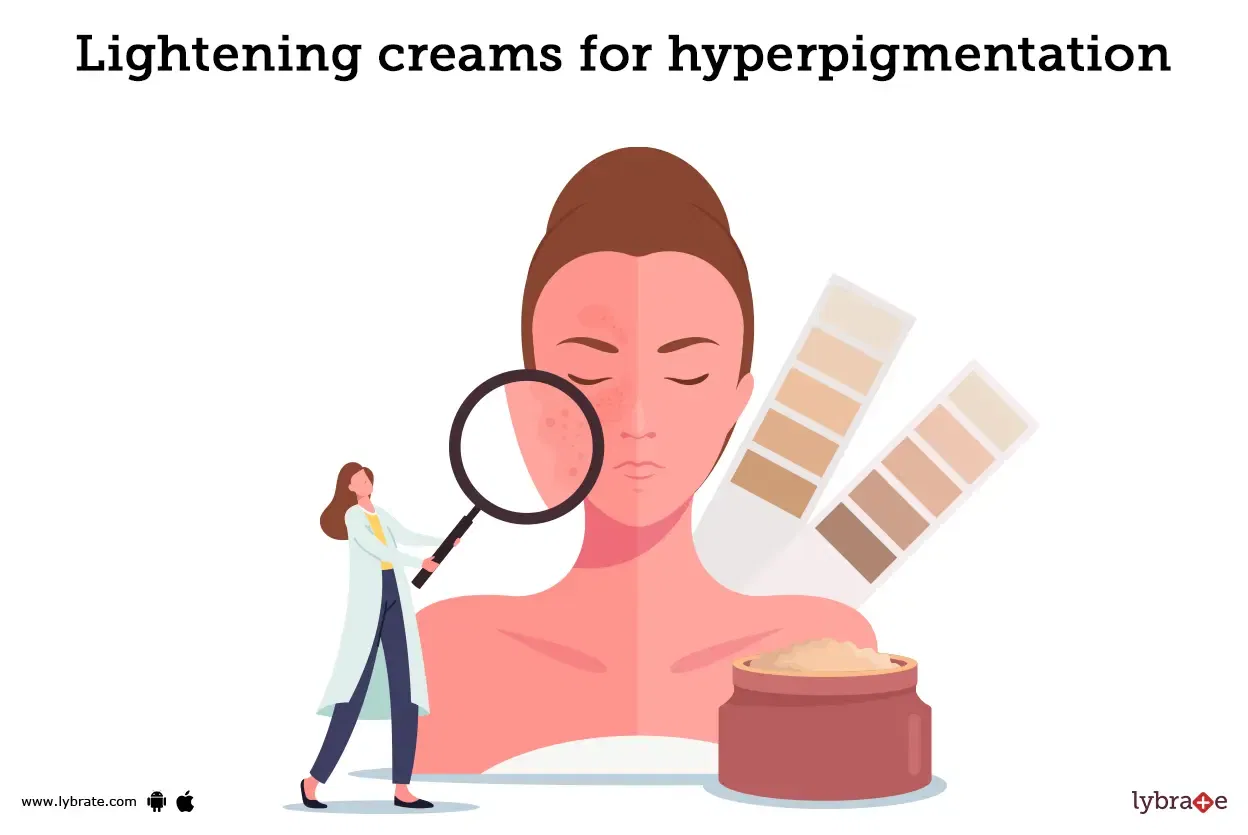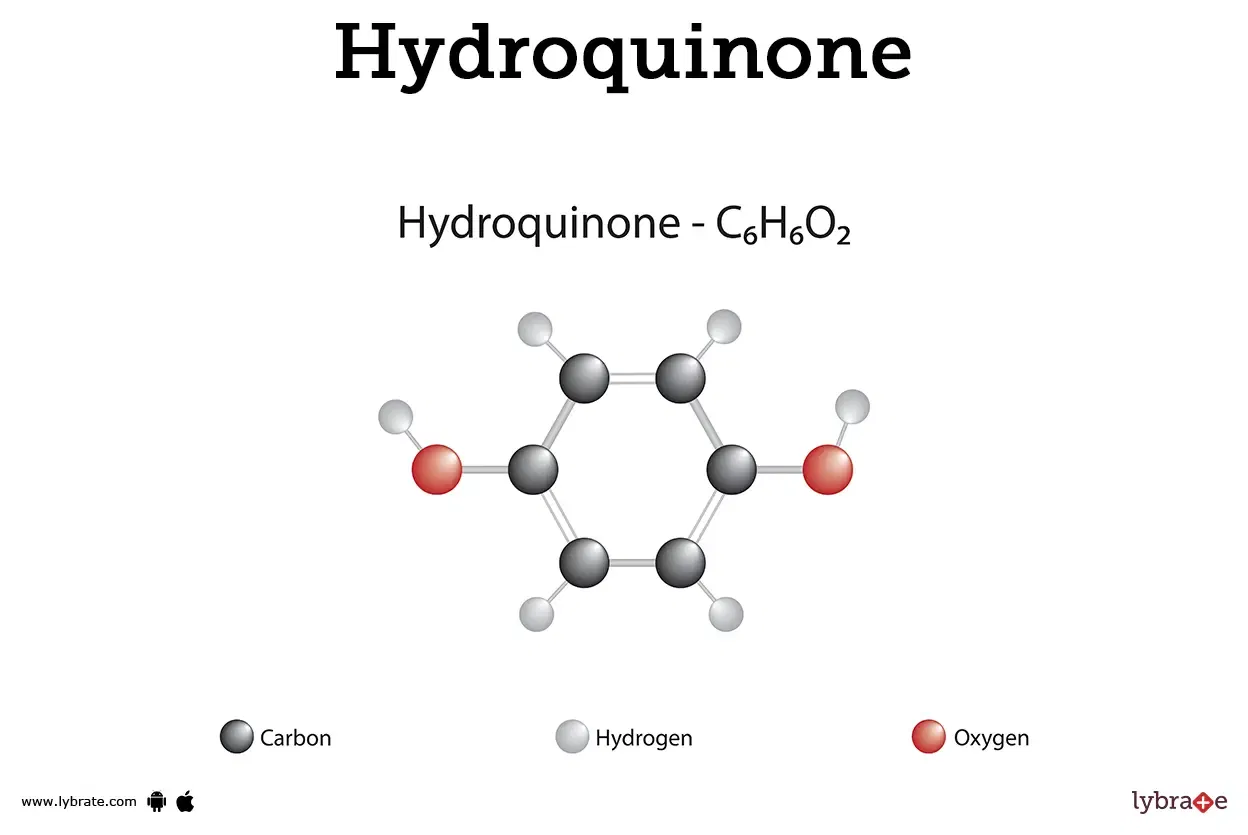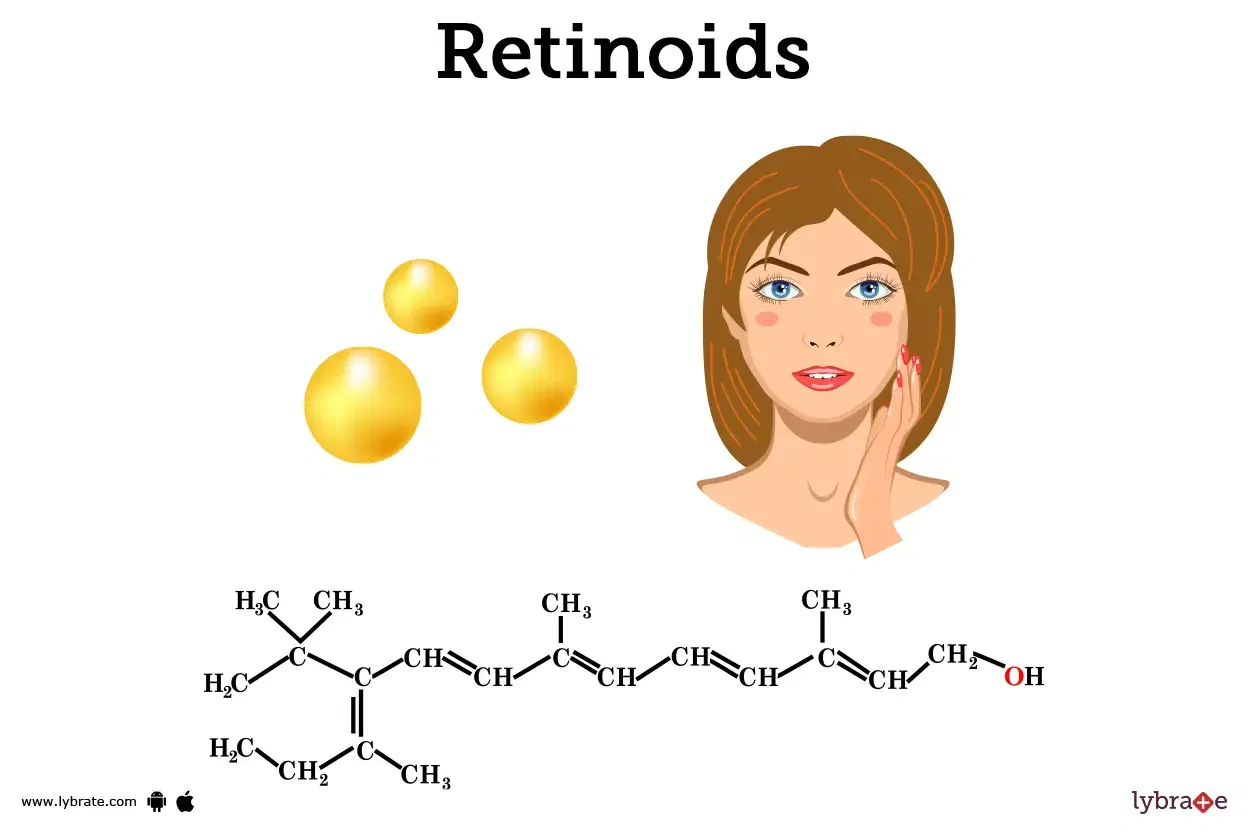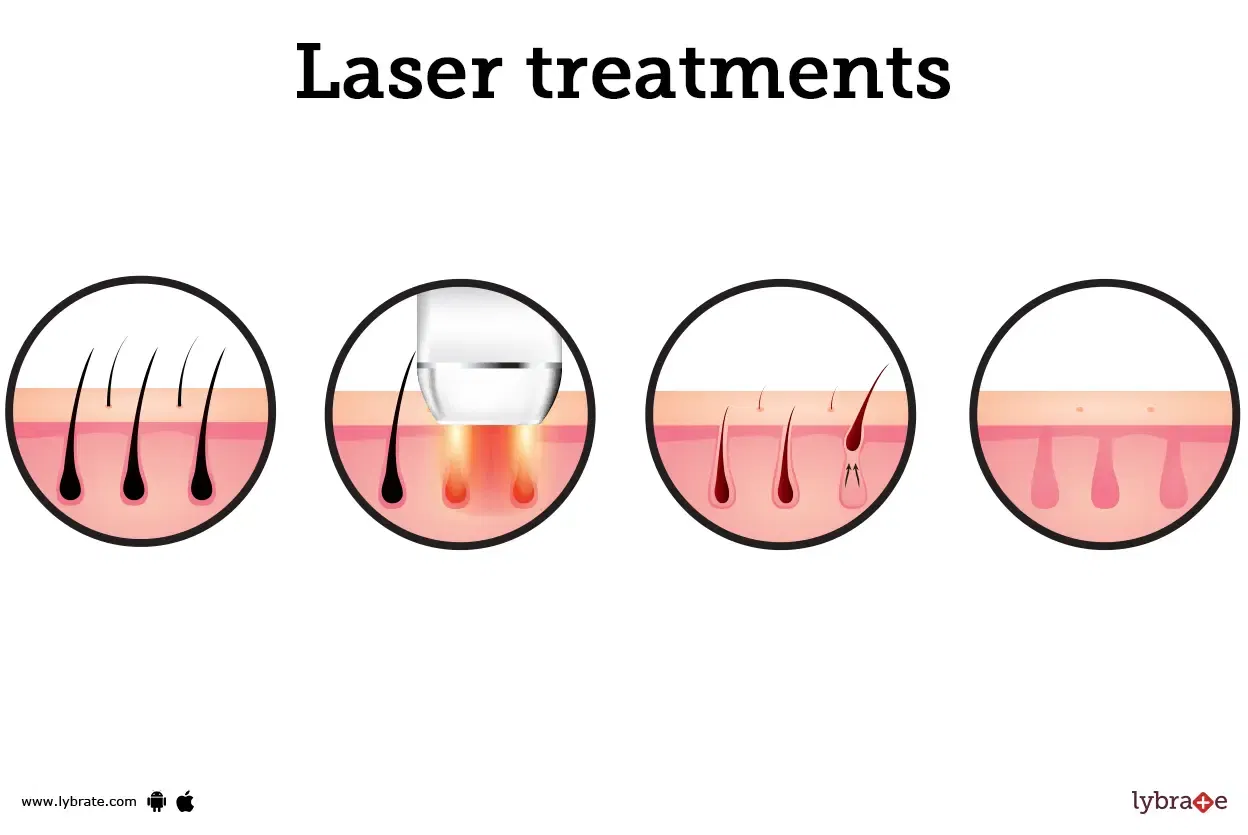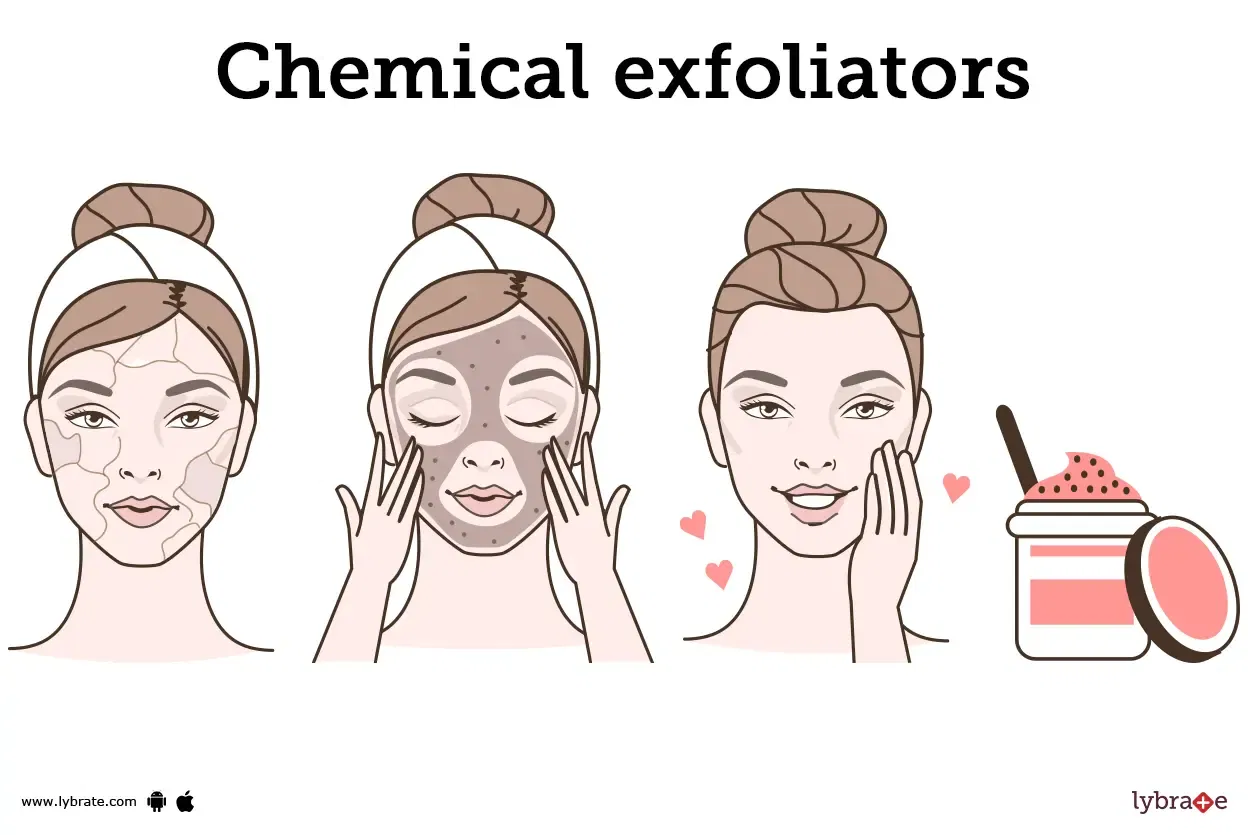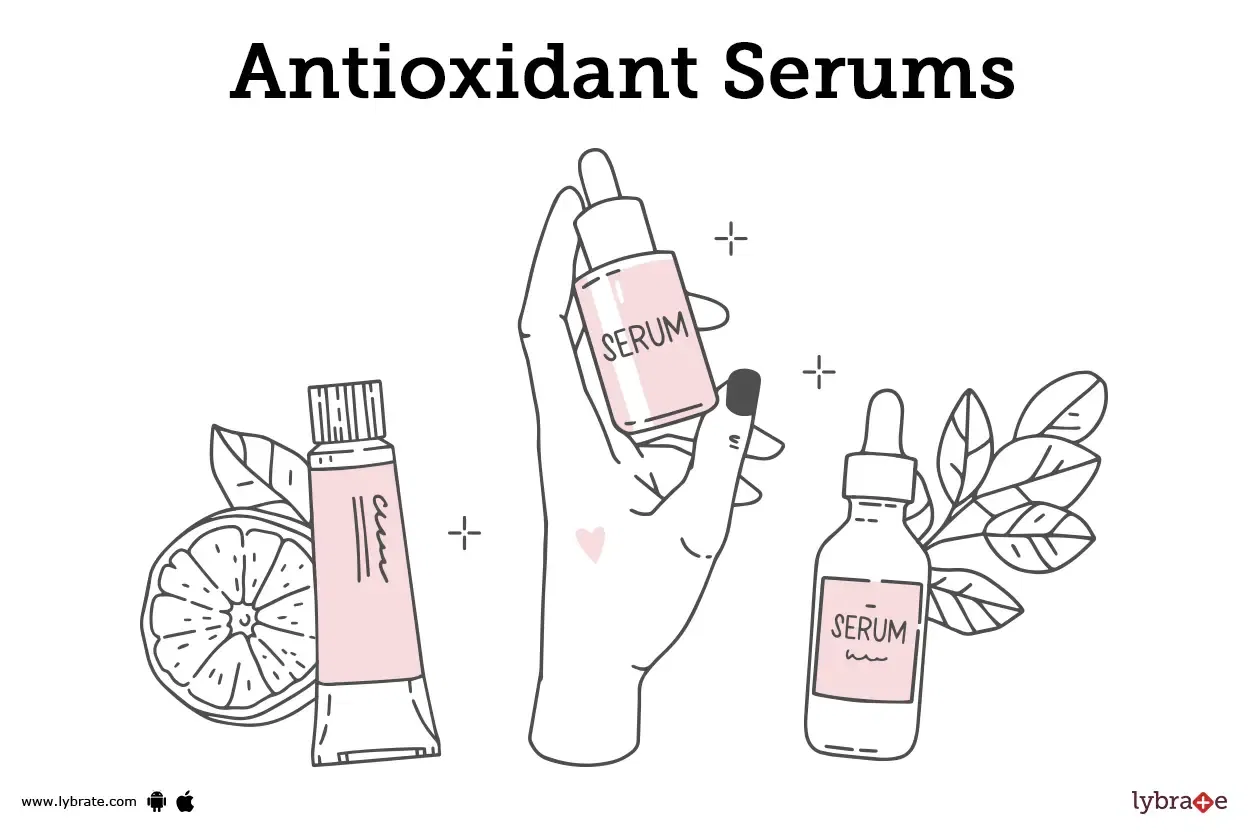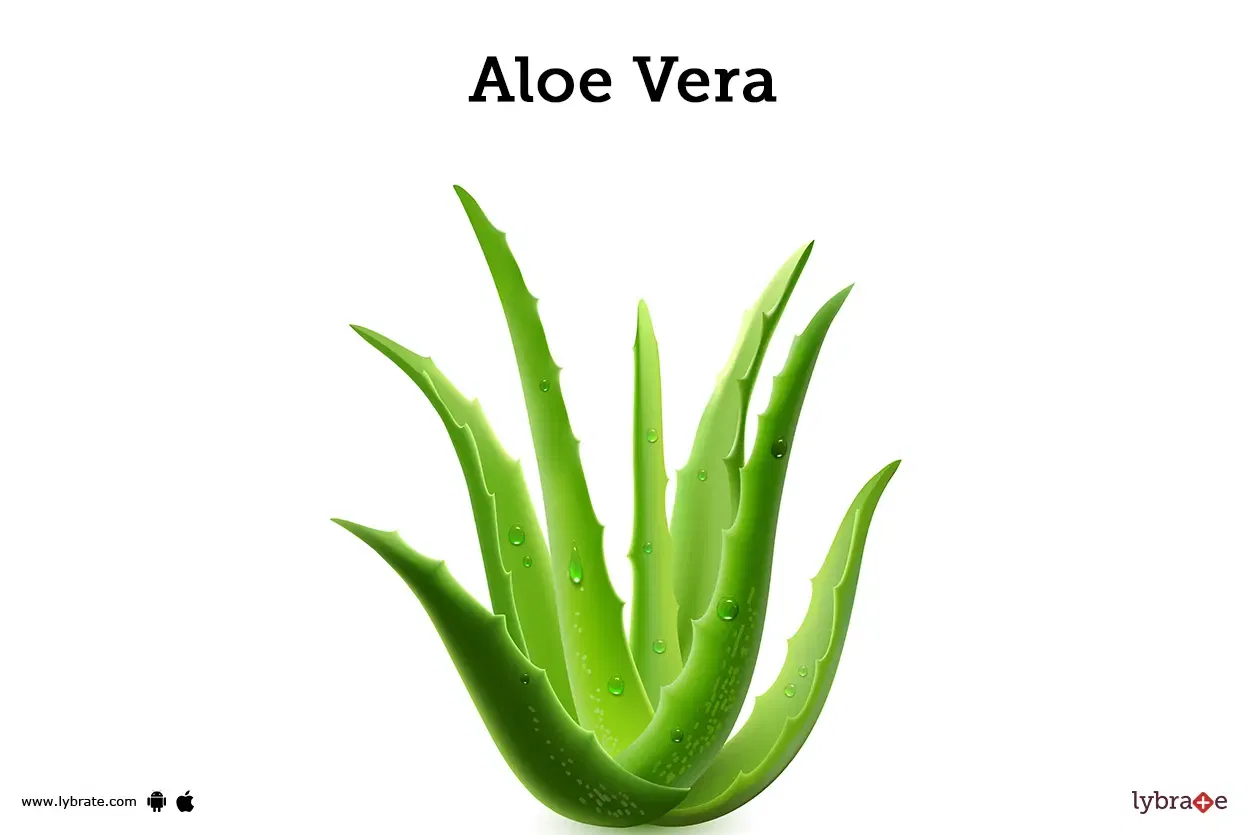How To Get Rid Of Dark Spots
Dark spots, also known as hyperpigmentation, are a common concern for many people. It can be brought on by sun exposure, acne, and aging and can be challenging to get rid of. You're not alone if you're concerned about having dark spots on your skin and are looking for solutions.
In this article, we'll take a closer look at some of the different options available for getting rid of dark spots, including natural remedies, over-the-counter products, and professional treatments.
We'll also discuss some tips and strategies for preventing new dark spots from forming and maintaining healthy, radiant skin. So, if you want to get rid of your dark spots and improve the overall health and appearance of your skin, keep reading!
Part
1
Natural Remedies
Natural remedies are a popular alternative to conventional treatments for various health and wellness concerns, including skin care. Natural remedies can be made using a variety of ingredients, including herbs, plants, and essential oils, and they are often thought to be gentler and less harsh on the skin compared to some over-the-counter (OTC) or prescription products.
1
Herbal remedies
Herbal remedies are natural remedies that are made using plants or plant extracts. Herbs have been used for centuries to support various aspects of health and wellness, and they can also be used to support healthy, radiant skin. Some herbs that are commonly used in skin care include calendula, chamomile, and aloe vera.
2
DIY face masks
DIY face masks are a popular natural remedy for the skin because they can be made using a variety of natural ingredients that are thought to be beneficial for the skin. DIY face masks can be made using ingredients such as clay, honey, and yogurt, and they can be customized to suit your skin type and concerns.
3
Essential oils
Essential oils are concentrated plant extracts that are thought to have a variety of health and wellness benefits. Some essential oils that are commonly used in skin care include lavender, tea tree, and frankincense.
Natural remedies can be a gentle and effective option for caring for the skin. Herbal remedies, DIY face masks, and essential oils are just a few examples of the many natural ingredients that can be used to support healthy, radiant skin.
Part
2
Lifestyle Changes
Lifestyle factors can play a crucial role in managing the health and appearance of our skin. Making certain changes to our daily habits and routines can help to support healthy, radiant skin.
1
Sun protection
The sun's harmful ultraviolet (UV) rays can damage the skin and contribute to a variety of skin concerns, including sunburn, aging, and skin cancer. Protecting the skin from the sun is an important part of maintaining healthy skin, and it's especially important to take precautions when the sun's rays are strongest, between the hours of 10 a.m. and 4 p.m.
You can also use a broad-spectrum sunscreen with at least SPF 30 and wear protective clothes like a wide-brimmed hat and sunglasses. Apply sunscreen liberally to all exposed skin, including the face, neck, ears, and hands. Reapply sunscreen every two hours or right away after swimming or sweating.
2
Managing stress to improve skin health
Stress can have a variety of negative effects on the skin, including causing breakouts, worsening existing skin conditions, and speeding up the aging process. Managing stress can be beneficial for the overall health and appearance of the skin.
There are several ways to manage stress, including exercise, meditation, and spending time with loved ones. It's also important to get enough sleep, eat a healthy diet, and avoid unhealthy habits, such as smoking and excessive alcohol consumption, which can contribute to stress and worsen skin health.
3
Exercise and skin: the connection
Exercise can be beneficial for the health of your skin as it can help to improve blood circulation, resulting in adequate delivery of oxygen and other nutrients to the skin cells. Exercise can also help to reduce stress and improve sleep, which can both have a positive effect on the skin.
We can encourage healthy, beautiful skin by making some lifestyle adjustments. The health and look of the skin can benefit from sun protection, stress management, and regular exercise. It's crucial to keep in mind that every person has unique skin, so what works for one person might not work for another.
Part
3
Diet and Nutrition
In terms of the health and beauty of our skin, diet and nutrition are very important. What we eat and drink can affect the way our skin looks and feels, and incorporating certain nutrients into our diet can help to support healthy, radiant skin.
1
Vitamins and minerals
Our bodies must have vitamins and minerals in order to function properly. They perform a number of significant functions in the body, one of which is promoting good skin. Some vitamins and minerals that are important for the skin include vitamin A, vitamin C, vitamin E, zinc, and selenium.
2
Anti-inflammatory foods for radiant skin
Inflammation in the body can contribute to a variety of skin concerns, including acne, redness, and aging. Anti-inflammatory foods can encourage healthy, beautiful skin by being included in the diet.
Foods that are considered to help lessen inflammation in the body are known as anti-inflammatory foods. Even though inflammation is a natural reaction to injury or illness, it can also be a factor in other health issues, including skin issues. Fatty fish, nuts, seeds, fruits, and vegetables are a few examples of anti-inflammatory foods.
3
Hydration and its effect on the skin
Hydration is important for the overall health and appearance of the skin. To keep the skin hydrated and avoid dryness and flakiness, drink adequate water each day. Dry, lifeless skin and more obvious wrinkles and fine lines can both result from dehydration.
Eating a nutritious diet that is rich in vitamins, minerals, and other nutrients can help to support healthy, radiant skin. Incorporating anti-inflammatory foods and staying hydrated can also be beneficial for the health and appearance of the skin. It's important to remember that everyone's nutritional needs are different, and it's always a good idea to consult a healthcare professional or a registered dietitian if you have any concerns about your diet and its impact on your skin.
Part
4
Skincare routine
Dark spots can be caused by a variety of factors, including sun exposure, acne, and hormonal changes, and they can be difficult to get rid of. If you're looking to eradicate dark spots and improve the overall tone and clarity of your skin, there are several steps you can take.
1
Cleansing for clear skin
Any skincare regimen must include cleansing because it helps to remove makeup, oil, and dirt from the skin's surface. Using a gentle, pH-balanced cleanser can help to keep the skin clean and clear, and it can also help to prepare the skin for the next steps in your skincare routine. Cleansing can be done using a foaming cleanser, a cream cleanser, or a micellar water, depending on your preference and skin type.
2
Toning
Following cleansing, there is a procedure called toning that helps to eliminate any pollutants that may still be on the skin and balances its pH. Using a toner can also help to tighten and firm the skin, and it can provide an extra layer of hydration.
3
Moisturizing
Moisturizing is an important step in any skincare routine because it helps to hydrate the skin and maintain its natural moisture balance. Using a moisturizer can help to prevent dryness and flakiness, and it can also help to improve the overall texture and appearance of the skin.
Eradicating dark spots can take time and patience, but with the right approach and a consistent skincare routine, you can improve the overall tone and clarity of your skin. Be consistent and patient as you work toward your skin goals, and select products and treatments that are appropriate for your skin type and issues. You can successfully eliminate black spots and create a more luminous complexion by following these instructions and consulting a dermatologist or other skincare expert.
Part
5
Exfoliation techniques
Any skincare regimen should include exfoliation since it helps to remove dead skin cells and improves the texture and clarity of the skin. There are numerous exfoliation methods available, and each one removes dead skin cells in a somewhat different manner.
1
Mechanical exfoliation: scrubs and brushes
Mechanical exfoliation is a type of exfoliation that uses physical tools or products to physically remove dead skin cells from the surface of the skin. This can be done using products such as scrubs, which contain small grains or particles that help to slough away dead skin cells when rubbed onto the skin, or brushes, which use bristles or other textured surfaces to gently sweep away dead skin cells. Mechanical exfoliation can be more aggressive than other types of exfoliation, and it may not be suitable for people with sensitive skin.
2
Chemical exfoliation: AHAs and BHAs
Chemical exfoliation is a type of exfoliation that uses chemical substances to dissolve the bond between dead skin cells and the surface of the skin. This type of exfoliation is usually gentler on the skin than mechanical exfoliation and can be more effective at removing dead skin cells and improving the texture and appearance of the skin.
3
Physical exfoliation: dermaplaning and microdermabrasion
Physical exfoliation is a type of exfoliation that employs physical methods to scrape away dead skin cells from the skin's surface. This type of exfoliation is usually done by a trained professional at a spa or salon and can improve the texture and appearance of the skin. Two examples of physical exfoliation techniques are dermaplaning and microdermabrasion.
- Dermaplaning is a physical exfoliation treatment that uses a scalpel or blade to gently scrape away dead skin cells and fine hairs from the surface of the skin. The treatment is usually performed by a trained esthetician and can be done on the face or other areas of the body. It may also assist to boost the production of collagen, which may help to improve the skin's texture and look. Although dermaplaning is usually regarded as a safe and effective procedure, some skin diseases, including rosacea or acne, may exclude its use.
- A method of manual exfoliation called microdermabrasion uses a handheld device to exfoliate the skin using fine crystals or a diamond-tipped wand. This treatment can help to improve the texture and appearance of the skin and may also help to reduce the appearance of fine lines, acne scars, and hyperpigmentation.
Exfoliating your skin can help to improve its texture, clarity, and overall appearance. It's important to choose an exfoliation method that is suitable for your skin type and concerns, and to use it in moderation to avoid over-exfoliating and causing irritation. By incorporating exfoliation into your skincare routine, you can help to keep your skin looking healthy and radiant.
Part
6
Professional treatments
If you're looking for more dramatic results to improve the appearance of your skin, professional treatments may be a good option to consider. From laser treatments to chemical peels, there are a variety of treatments available at dermatologist offices and medspas that can help to address a range of skin concerns.
1
Lightening creams for hyperpigmentation
Lightening creams are products that are specifically formulated to help fade hyperpigmentation, which is the appearance of darker patches or spots on the skin. These products may contain ingredients such as hydroquinone, kojic acid, arbutin, or licorice extract, which are known to help lighten the skin and improve the appearance of hyperpigmentation.
2
Hydroquinone
Hydroquinone is a topical skin lightening agent that is available in both prescription and over-the-counter products. It functions by preventing the synthesis of melanin, the pigment responsible for your skin, hair, and eye color. Hydroquinone can be effective in fading dark spots and improving uneven skin tone.
3
Retinoids
Retinoids are a class of compounds that are related to vitamin A and are commonly used in skincare products to improve the appearance of fine lines, acne, and uneven skin tone. They work by increasing cell turnover and promoting the production of collagen, which can help fade dark spots and improve the overall texture and tone of your skin.
4
Laser treatments
Laser treatments, such as fractional laser resurfacing and intense pulsed light (IPL) therapy, can be effective in fading dark spots and improving the overall tone and texture of your skin. These treatments work by targeting the deeper layers of skin with concentrated beams of light, which can stimulate collagen production and help fade hyperpigmentation. Laser treatments are usually performed by a dermatologist or trained skin care professional and can be more expensive than other options, but may provide longer-lasting results.
5
Chemical exfoliators
Chemical exfoliators, such as alpha hydroxy acids (AHAs) and beta hydroxy acids (BHAs), work by removing the top layer of dead skin cells and revealing the newer, healthier skin underneath. They can help improve the appearance of dark spots and uneven skin tone by promoting cell turnover and preventing the build-up of pigment.
6
Antioxidant serums
Antioxidant serums are topical skincare products that are formulated with ingredients that have antioxidant properties. Antioxidants work to neutralize harmful substances called free radicals, which can damage cells and contribute to the appearance of fine lines, wrinkles, and other signs of aging.
Professional treatments can be an effective way to achieve more dramatic results for a variety of skin concerns. It's important to choose a reputable provider and to discuss your options and any potential risks or side effects with them before proceeding with a treatment.
Part
7
Other solutions
In addition to the options listed above, there are a number of other remedies that may help fade dark spots and improve the overall tone and texture of your skin. These include natural remedies like
1
Lemon juice
Lemon juice is a natural skin lightening agent that can help to fade dark spots and even out the overall tone of the skin. Citric acid, which is present in lemon, aids in exfoliating the skin and brightening the complexion.
2
Aloe vera
Aloe vera is well-known for its calming and hydrating qualities. Additionally, it contains substances that may aid in lessening the appearance of hyperpigmentation. Aloe vera can be utilized as a skincare ingredient in gels or serums as well as topically on the skin.
3
Tea tree oil
Tea tree oil is an essential oil noted for its antibacterial and anti-inflammatory qualities. It has been shown to be effective in the treatment of acne, and it can also help to fade dark spots and improve the overall clarity of the skin. Tea tree oil should be diluted with a carrier oil before applying it to the skin, as it can be irritating when used undiluted.
No matter what type of treatment you choose, it's important to be patient and consistent with your skincare routine. It may take several weeks or even months to see significant improvement in your dark spots, but with the right combination of remedies and a healthy skincare routine, you can say goodbye to dark spots for good.
Part
8
Conclusion
There are a variety of ways to get rid of dark spots on the skin, including natural remedies, over-the-counter products, and professional treatments. In order to help prevent the formation of new dark spots, it's crucial to select a treatment—or a combination of treatments—that is appropriate for your skin type and concerns. It can also be advantageous for the general health and appearance of the skin to incorporate a healthy diet and lifestyle, such as sun protection, stress management, and drinking plenty of water. It's always a good idea to speak with a dermatologist or other skincare expert if you have recurrent dark spots or are unclear of how to care for your skin.
Gurgaon!
Reference
Table of Content
Written and reviewed by
Hina Firdous
PhD (Pharmacology) Pursuing, M.Pharma (Pharmacology), B.Pharma - Certificate in Nutrition and Child Care
Ask a free question
Get FREE multiple opinions from Doctors

